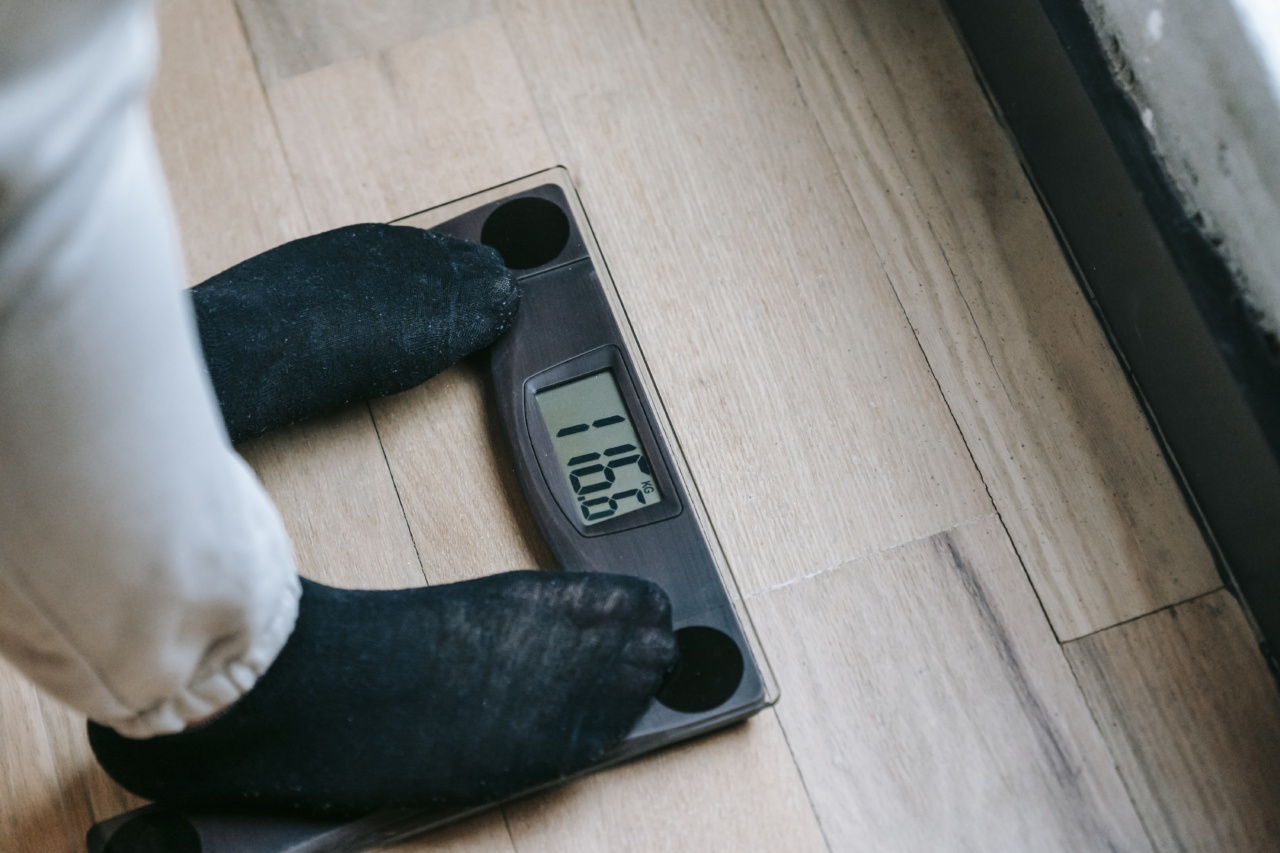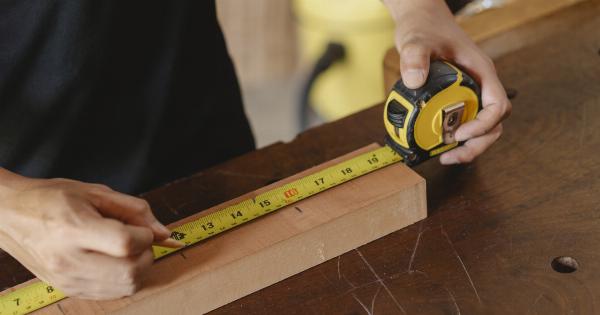When it comes to tracking your weight, weighing yourself regularly is a common practice. However, if you’re not doing it properly and effectively, you may not be getting accurate results.
In this article, we’ll discuss the top tips to help you check if you’re weighing yourself properly and effectively.
Use a Reliable Scale
The accuracy of your weight measurement depends greatly on the quality of the scale you’re using. Invest in a reliable, good quality scale to ensure accurate readings.
It’s best to opt for a digital scale as they tend to be more precise than traditional mechanical scales. You can also choose a scale that has additional features, such as tracking body fat percentage.
Weigh Yourself at the Same Time Every Day
To get consistent and accurate readings, it’s important to weigh yourself at the same time every day. The best time to weigh yourself is in the morning, after you’ve gone to the bathroom and before you eat or drink anything.
This will give you a more accurate measurement of your true weight as it will eliminate any fluctuations caused by food or drink intake.
Weigh Yourself in the Same Clothes
The clothes you wear when weighing yourself can affect the accuracy of your readings. Choose a lightweight outfit that you can wear consistently and comfortably when weighing yourself. This can be a pair of shorts and a t-shirt or even your pajamas.
Just be sure to wear the same clothes every time you weigh yourself to avoid any errors caused by different clothing weights.
Stand Still and Centered
When weighing yourself, it’s important to stand still and centered on the scale. Avoid moving or shifting your weight as this can cause inaccurate readings.
Stand upright with your feet evenly spaced apart and your weight evenly distributed across both feet to ensure a proper measurement.
Keep the Scale on a Hard Surface
To ensure accurate readings, it’s important to place the scale on a hard, flat surface. Avoid using a carpeted floor or any other uneven surface as this can affect the accuracy of your measurement.
Place the scale on a hard surface like a tile or wooden floor to ensure consistent results.
Don’t Obsess Over the Numbers
The number on the scale is just one aspect of your health and fitness. Don’t obsess over the number and allow it to define your self-worth.
Weight can fluctuate throughout the day and week, so focus on the bigger picture and don’t get too caught up in the day-to-day fluctuations.
Track Changes Over Time
The best way to track your progress is to weigh yourself regularly and track the changes over time. This will help you to see trends and patterns in your weight, and allow you to make any necessary adjustments to your diet or exercise routine.
Use a journal or app to keep track of your measurements over time.
Pay Attention to How You Feel
Remember that your weight is just one aspect of your health and fitness. Pay attention to how you feel and any changes in your body. If you’re feeling good and making progress towards your goals, that’s what really matters.
Don’t let the scale dictate how you feel about yourself or your progress.
Get Professional Help if Needed
If you’re struggling to achieve your weight loss goals or have concerns about your weight, it’s important to seek professional help.
A doctor or a registered dietician can help you create a personalized plan to achieve your goals and address any underlying health issues that may be contributing to your weight.
Maintain a Healthy Lifestyle
Remember that achieving a healthy weight is not just about the numbers on the scale. It’s important to maintain a healthy lifestyle with a balanced diet and regular exercise.
Focus on making sustainable lifestyle changes rather than simply trying to lose weight quickly. A healthy lifestyle will lead to long-term success and happiness.






























